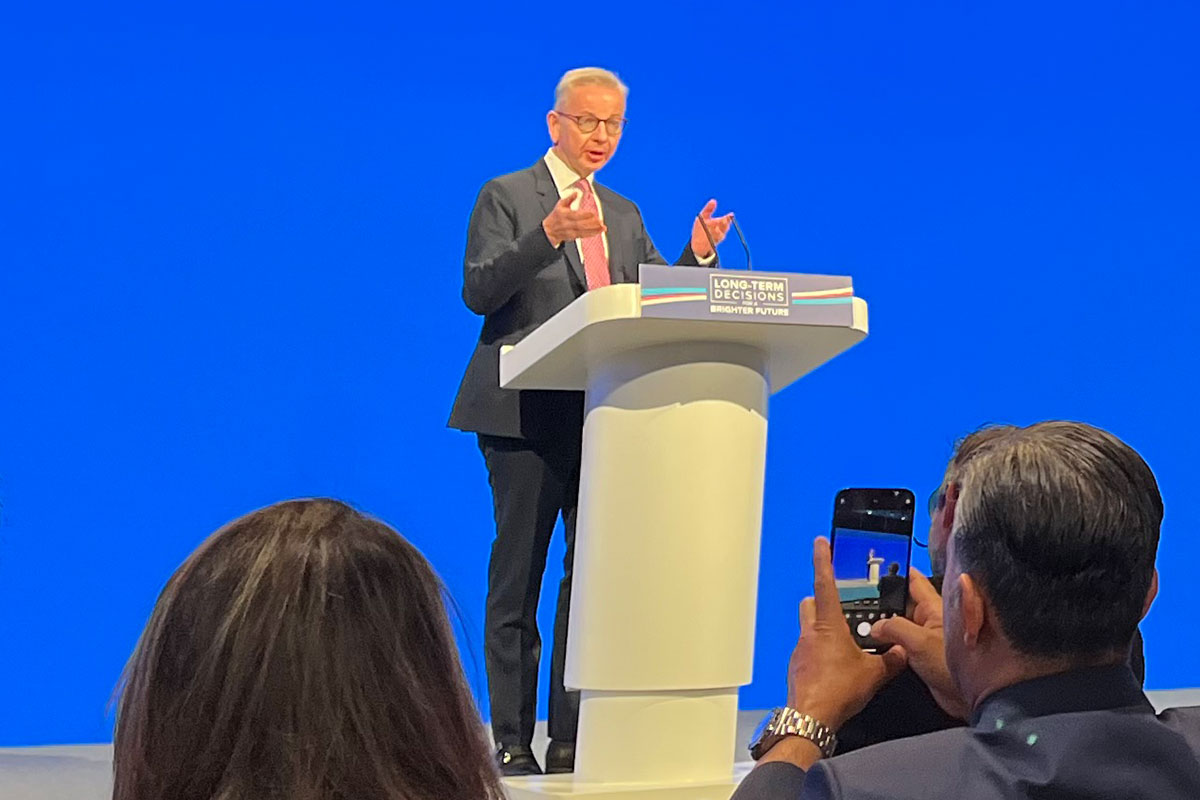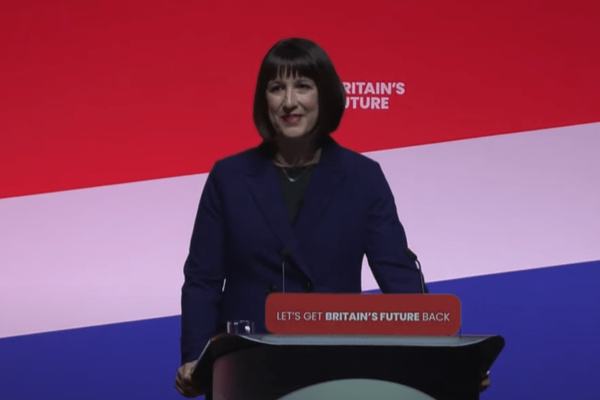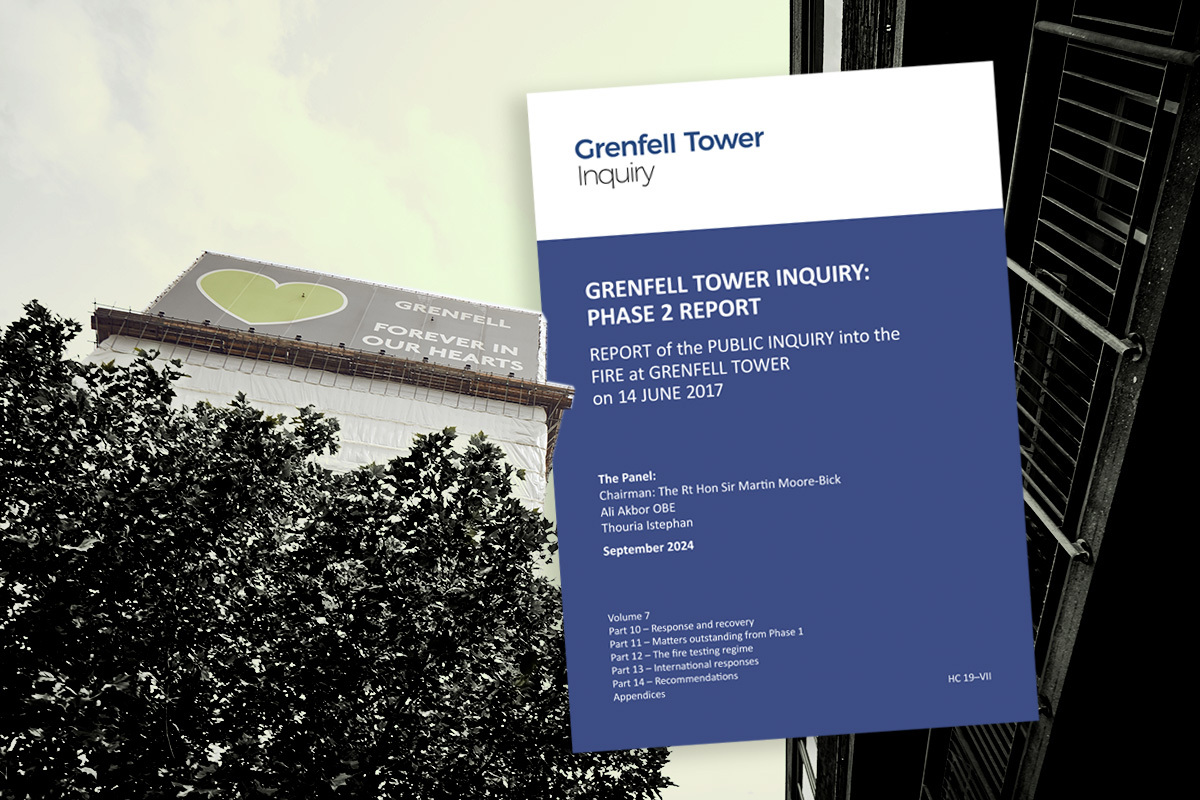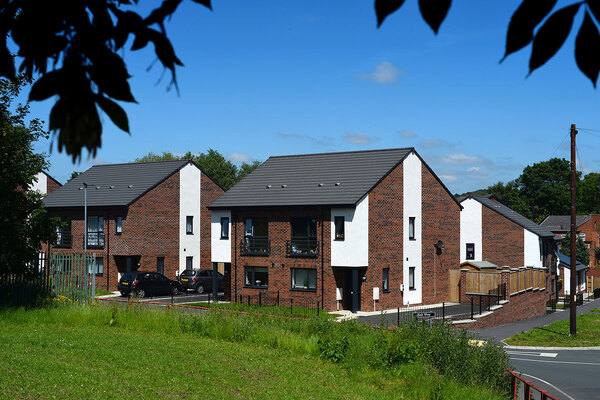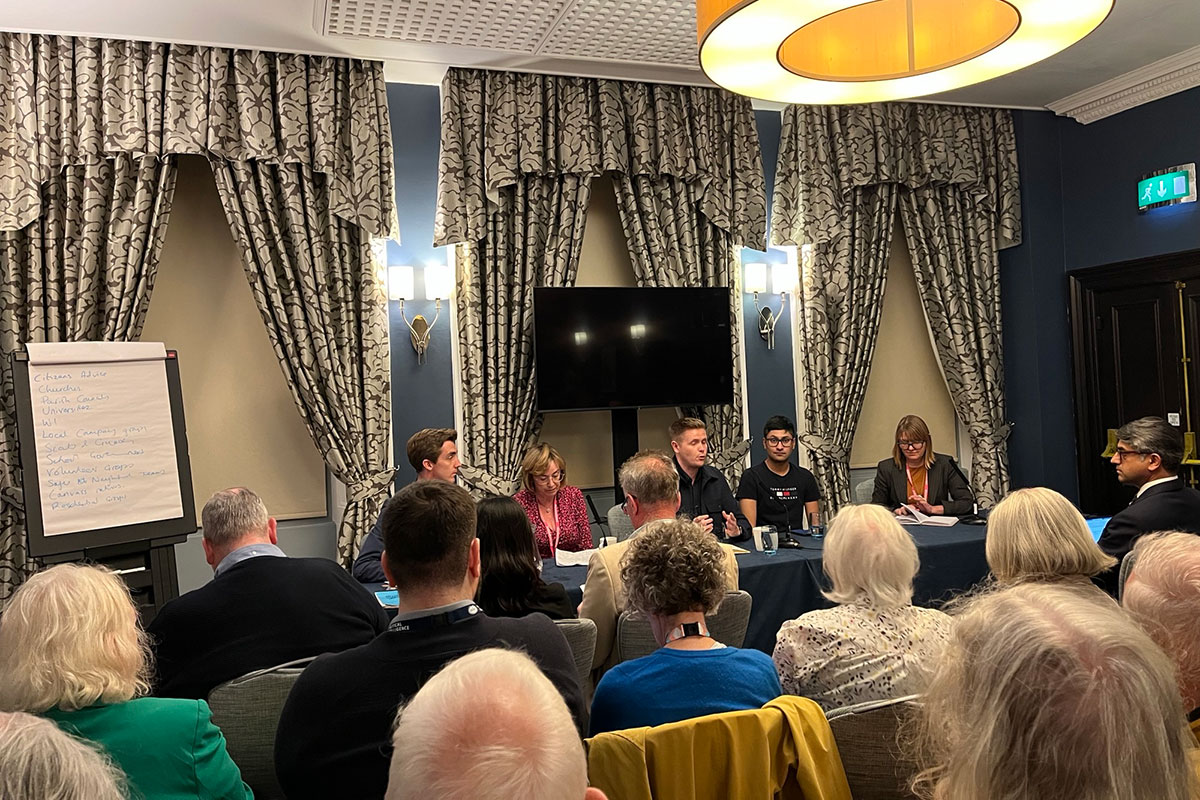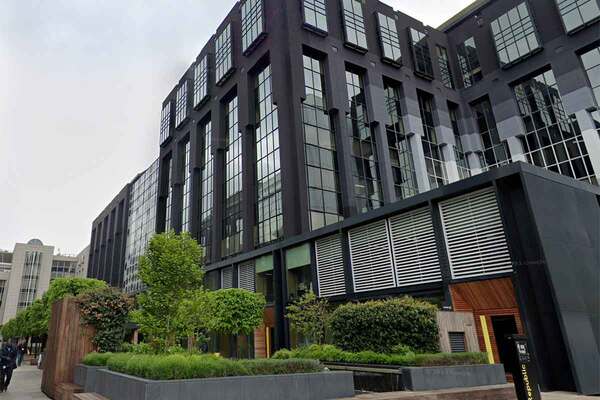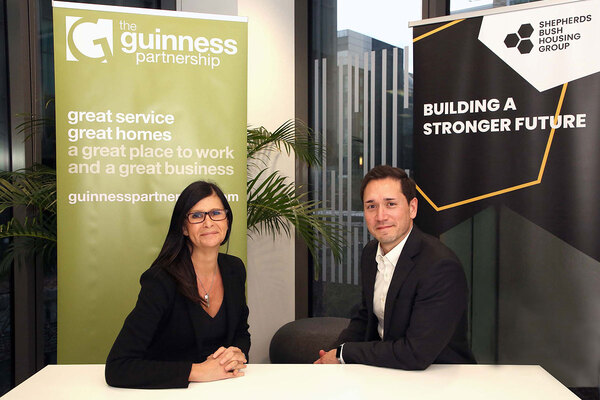You are viewing 1 of your 1 free articles
Large landlord says government must tackle gender bias in planning policy
One of the largest housing associations in England has written to the housing secretary calling for the National Planning Policy Framework (NPPF) to tackle gender bias in the UK’s built environment.
In an open letter to Michael Gove, L&Q, along with charities and housing organisations, said that “addressing critical questions” around the “impact of gender bias within the urban design, property, and planning sectors remains a critical blind spot in the NPPF that can no longer be ignored”.
The authors believe this issue exists as a consequence of the “male-dominated nature” of the UK’s planning sector and political systems, and they said that “many of our cities and towns outrightly fail to meet the needs of the millions of women and girls who make up over half of the UK’s population”.
“Despite growing female representation, women still only comprise 14% of the built environment workforce.
“This leaves us with a built environment that woefully under delivers for women and girls, including both cisgender and transgender women and girls,” the letter states.
The organisations argue that rather than creating equitable spaces “where all feel welcome and comfortable”, the design and nature of the built environment “can act as a barrier to the full participation and enjoyment of public spaces by women and girls”.
They said the “deep-rooted unconscious gender bias in planning is evident in the fact” that the built environment is not fully accessible for women and girls.
“Bad lighting, a lack of active surveillance, dark corners and alleys and inadequate transport infrastructure all contribute to creating spaces where women don’t feel safe, particularly at night.
“These factors coupled with the fact that 70% of women in the UK say they have been sexually harassed in public, leads to the avoidance of public spaces by women and girls,” they said in the letter.
It was also highlighted how investment in youth facilities is “overwhelmingly” directed towards multi-use games areas such as skate parks, BMX tracks, and enclosed football pitches, “which are used almost entirely by boys and young men”.
The letter, led by independent planning advisors Turley, added: “By failing to consider the distinct needs and preferences of women and girls in public spaces, we essentially send a strong message to girls from a young age that they are not welcome, and that the public realm is not for them.”
The organisations said that to date, when talking about how to design more gender-inclusive public spaces, the government has focused “exclusively” on the issue of women’s safety in public spaces.
In the most recent NPPF consultation, the only gender-related question the government asked industry was whether there should be greater emphasis on making sure that women, girls and other vulnerable groups in society feel safe in our public spaces.
“Yet focusing on safety exclusively is not enough, and all vulnerable groups’ needs, whether shared or specific, should be considered in greater depth and detail through the NPPF.
“For women and girls specifically, we should be focused on designing and delivering public spaces that are fun and judgement free,” the letter states.
The organisations said that despite the one gender-specific question, the government offers no specific criteria for councils to measure the safety, “let alone inclusivity of proposed developments”.
They are calling on the housing secretary “not only to include specific safety policies referring to and considering women and girls, as a minimum standard”, but also to have the NPPF “address the wider gender bias impacting design and placemaking policies in the system at large”.
The letter makes a number of recommendations: “Firstly, the government must begin to bridge the gender data gap which has left policymakers with limited access to sex-disaggregated data on the female experience in public spaces, which is essential to informing policies and decisions.
“Secondly, as well as integrating gender mainstreaming policy into the NPPF, practical guidance should be produced separately to support local planning authorities, developers, and planners in implementing these measures, and additional resources provided to help action these measures.”
A government spokesperson said: “We are committed to supporting women, girls, and vulnerable groups to feel safer everywhere, and we continue to engage with a range of stakeholders and councils to ensure as many people as possible have access to public spaces.
“We are considering how we can best bring forward policy to support safety in updates to the National Planning Policy Framework.”
Sign up for our daily newsletter
Already have an account? Click here to manage your newsletters
